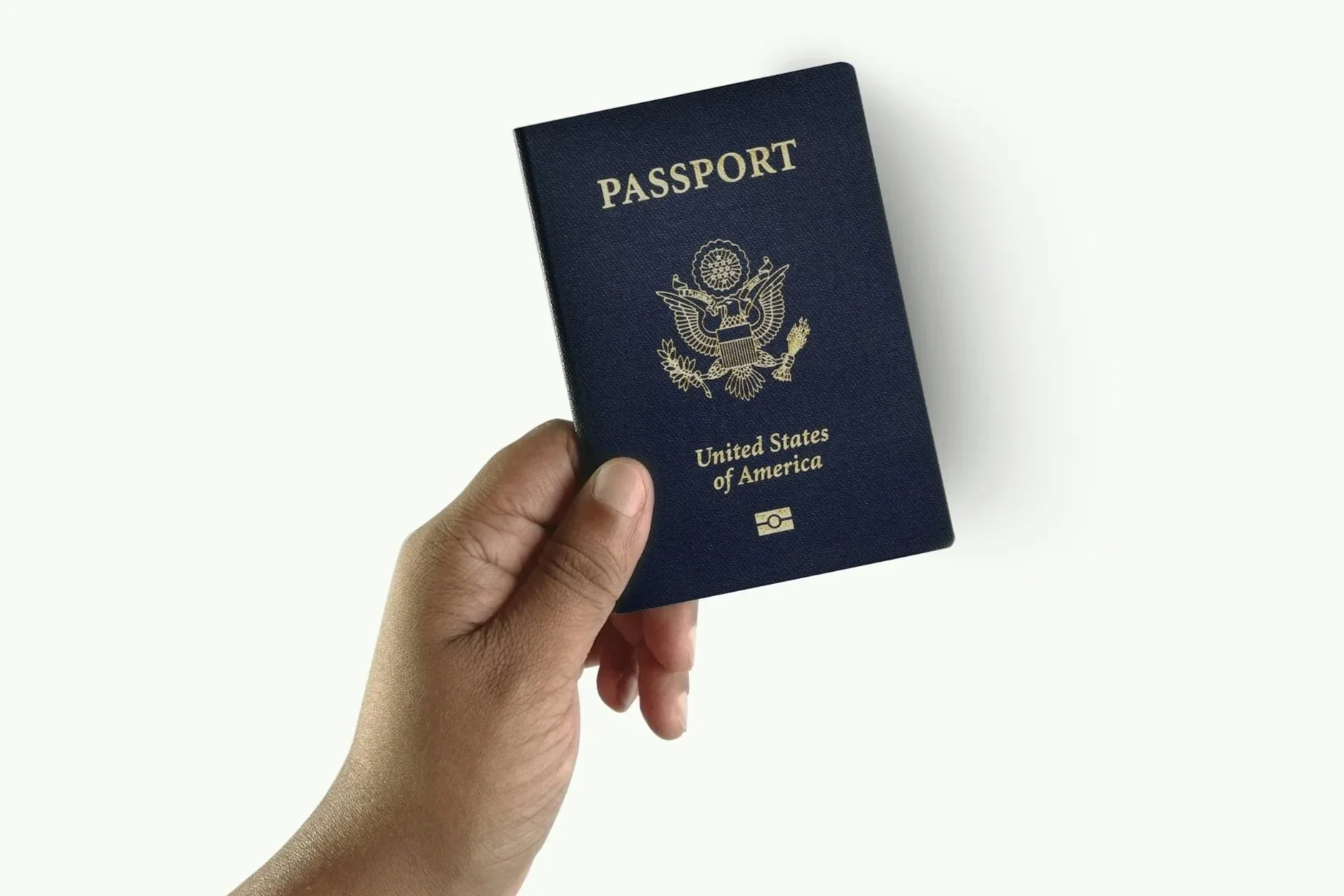Rationally Based is a Supreme Court blog focused on the United States Supreme Court’s decisions, judicial philosophies, and their effects. We analyze landmark cases, legal trends, and the Court’s role in shaping law and society, keeping it clear and concise. Whether you’re a legal professional, law student, or just interested in the highest court, we provide insights into its impact on American jurisprudence. Explore our articles to stay informed on the Court’s decisions and their implications.
Loading articles...
Featured Articles
Latest Articles

SCOTUS Stays Injunction Stopping Dem FTC Chair’s Firing
In Trump v. Slaughter, the Supreme Court on September 22, 2025, issued an unsigned order granting a stay of a lower court decision that had reinstated FTC Commissioner Rebecca Kelly Slaughter after her removal by President Donald Trump. The Court also treated the application as a petition for certiorari before judgment and granted it, setting arguments for December 2025.

Trump Admin Asks SCOTUS to End Birthright Citizenship
The case stems from President Trump's January 20, 2025, executive order aiming to restrict birthright citizenship under the 14th Amendment, excluding children born in the U.S. to parents who are undocumented or on temporary visas, challenging long-standing interpretations rooted in post-Civil War history and key Supreme Court precedents like Wong Kim Ark.

Race-Based Redistricting Comes Before the Supreme Court
Louisiana is asking the Supreme Court to invalidate a congressional map that creates a second majority-Black district, setting the stage for a major showdown over the future of the Voting Rights Act and the role of race in American politics. Amid debates over redistricting, the disposition of this case may have long lasting ramifications.

Transgender Bathroom Case Reaches Supreme Court’s Emergency Docket
The Supreme Court is once again being asked to weigh in on the contentious issue of transgender rights, this time in the context of student bathroom access. An emergency request from South Carolina has landed on the Court's docket, and the decision could have far-reaching implications.

DC Attorney General Files Lawsuit to Stop Federal Takeover of MPD
The District of Columbia has filed a federal lawsuit against President Donald J. Trump, Attorney General Pamela Bondi, and other top administration officials, seeking to block what it calls a "brazen usurpation" of its authority over the city's Metropolitan Police Department (MPD). The complaint, filed on August 15, 2025, asks a federal court to halt the administration's assertion of "direct federal control" over the local police force, arguing the move is an illegal overreach that violates federal law and threatens to create "operational havoc" within the department.

Supreme Court Steps In to Preserve Private Lawsuits Under Voting Rights Act
The Supreme Court has temporarily shielded the Voting Rights Act (VRA) from a lower court ruling that threatened to gut a key enforcement provision of the landmark civil rights law. In a brief order, the justices paused a decision from the U.S. Court of Appeals for the 8th Circuit that would have barred private individuals and organizations from suing under Section 2 of the Act, which prohibits racial discrimination in voting.

White House Asks SCOTUS to Stay Injunction Requiring Grants for DEI and Gender Ideology
The Trump administration has escalated a legal battle over the termination of National Institutes of Health (NIH) grants, asking the Supreme Court to step in and halt a lower court's order that compels the continued funding of research projects linked to diversity, equity, and inclusion (DEI) and gender ideology.

Plaintiffs Request Supreme Court to Recognize Private Actions Under the Voting Rights Act
In a high-stakes legal battle with profound implications for the future of voting rights, a group of plaintiffs, including two Native American tribes from North Dakota, have asked the U.S. Supreme Court to intervene in their case. They seek to block a controversial appellate court ruling that threatens to dismantle a key enforcement mechanism of the federal Voting Rights Act (VRA).

Upcoming SCOTUS Cases You Should Know About
The Supreme Court’s upcoming term, starting October 6, 2025, features several cases that could significantly impact American law and policy. These cases address complex issues, from free speech in professional settings to transgender rights in sports, voting rights, and criminal justice.

SCOTUS Stays Injunction Keeping Nearly 1,400 Department of Education Employees Reinstated
On July 14, 2025, the Supreme Court granted the Trump administration’s request to temporarily pause an order by U.S. District Judge Myong Joun, clearing the way for the Department of Education to proceed with its planned reduction in force (RIF) of nearly 1,400 employees. This decision, issued in an unsigned ruling, marks a significant development in a legal battle that began earlier this year, raising critical questions about the administration’s authority to reshape federal agencies and the balance of power between the executive and legislative branches.
Meet Ross J. Fodera, Esq.
Ross J. Fodera, Esq. is the founder of the Fodera Law Firm and specializes in small business legal services, including employment disputes, real estate transactions, corporate formation, contract disputes, and risk management. Since becoming an attorney Mr. Fodera has been involved in a number of six-figure settlement negotiations, EEOC proceedings, and real estate litigation. Mr. Fodera takes pride in providing affordable services and effectively communicating with clients so they understand every stage of their representation. Mr. Fodera is barred in the District of Columbia and Massachusetts.





In a significant policy shift, federal prosecutors in the District of Columbia have been directed to stop bringing felony charges against individuals solely for carrying rifles or shotguns. The new directive, confirmed by U.S. Attorney for D.C. Jeanine Pirro, stems from a Justice Department determination that the city's longstanding ban on the public carry of long guns is unconstitutional in light of recent Supreme Court precedent.